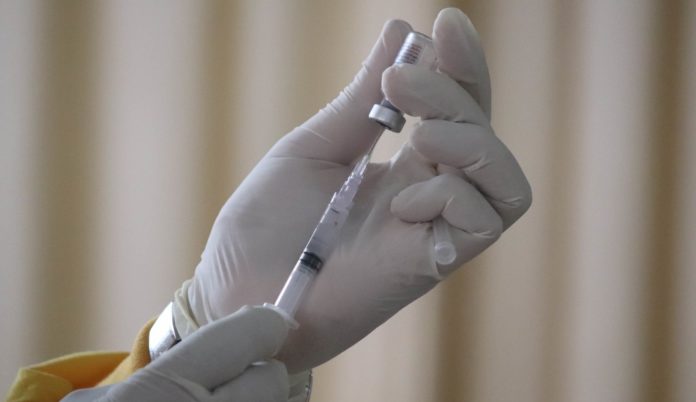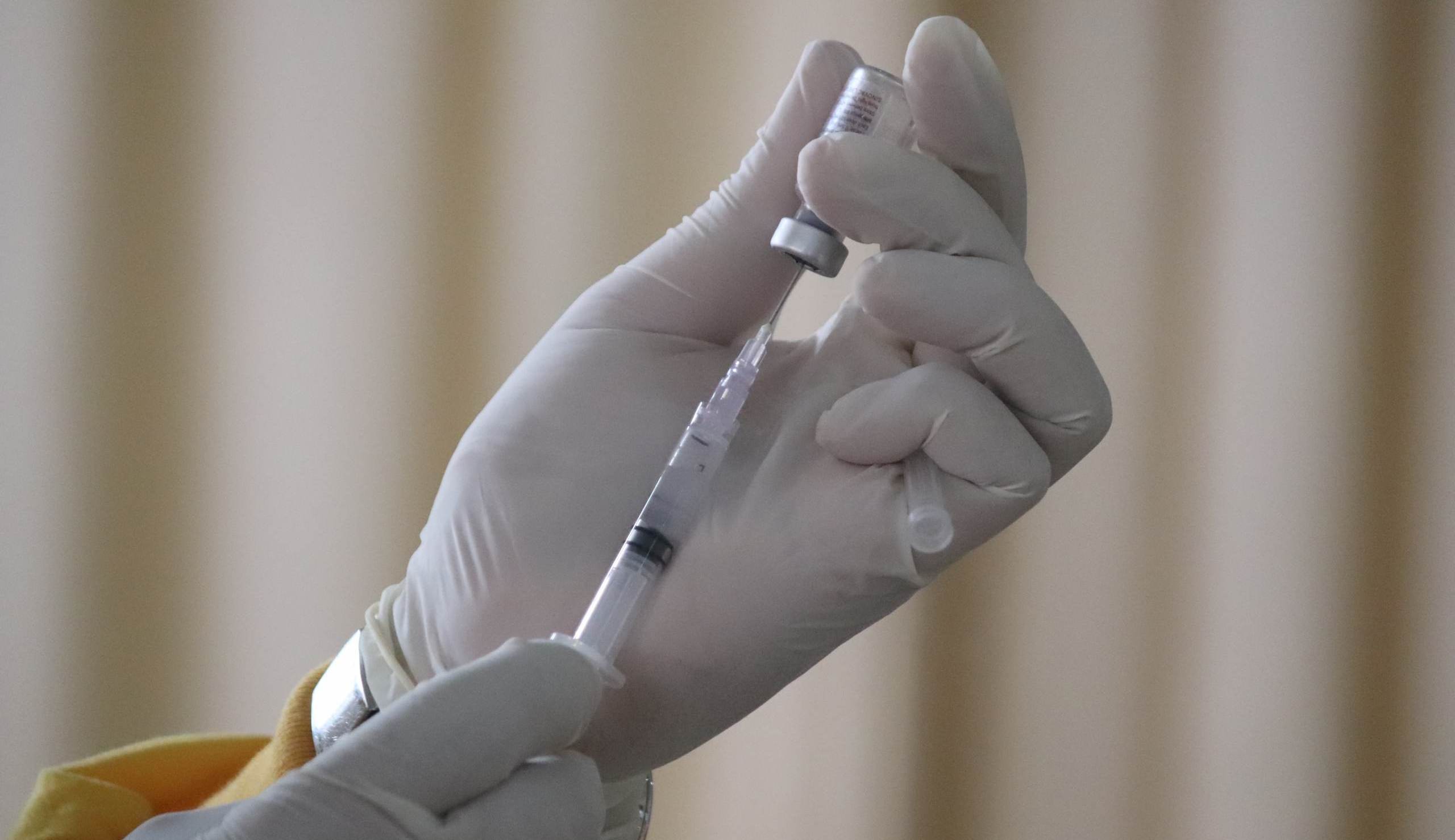In mid-February, top doctors at Vancouver Coastal Health (VCH) sent a letter to the University of British Columbia (UBC) to end its mandatory rapid testing and Covid-19 restriction, claiming that these measures may cause more harm than good.
VCH Chief Medical Health Officer Dr. Patricia Daly and three other medical health officers urged the UBC to discontinue mandatory rapid testing for students, employees, and staff, claiming that rapid antigen testing is ‘unreliable in identifying infection with the Omicron variant.’
“While we applaud UBC for its work to protect and promote the wellbeing of students, staff and faculty, we believe some of the measures in place on campus – such as ongoing mandatory rapid tests for unvaccinated students and staff, and related employment/academic sanctions – are not useful in preventing the transmission of COVID-19 on campus. Not only is Rapid Antigen Testing of asymptomatic people unreliable in identifying infection with the Omicron variant, but we have no evidence that those who have not complied with UBC policies have posed any public health risk to their fellow students, faculty, or staff, even during circulation of other variants.”
The doctors also insisted on discontinuing the university’s intent to deregister students who have not complied with the mandatory testing and those who failed to declare their vaccination status.
In their letter, the doctors also mentioned that the Covid-19 vaccine is ineffective at preventing infection or transmission of the Omicron variant.
“Current scientific evidence, including BC data, indicates that COVID-19 vaccination (2-doses), while effective at preventing severe illness, is not effective at preventing infection or transmission of the Omicron variant of the virus, which now accounts for almost 100% of cases in the province. Therefore there is now no material difference in likelihood that a UBC student or staff member who is vaccinated or unvaccinated may be infected and potentially infectious to others. We also know that Omicron causes less serious illness than other variants of COVID-19, which is particularly true for young people,” the doctors argued.
“Today, provincial officials announced that because British Columbia has a highly vaccinated population, and thanks to dropping rates of COVID-19 and subsequent hospitalizations, it’s time to ease some of the restrictions that are no longer useful in preventing the spread of COVID-19,” doctors continued.
Two weeks after receiving the letter, UBC drops weekly COVID testing for students and faculty.
Castanet reported:
About two weeks after receiving the letter, UBC announced the end of its rapid testing program on Feb. 28, ending the school’s rapid-test-or-vaccine program on March 1.
“We have no evidence that those who have not complied with UBC policies have posed any public health risk to their fellow students, faculty or staff even during circulation of other variants.”
The health officials apparently penned the letter in response to UBC considering de-registering students who have not declared their vaccination status.
“We strongly advise against implementing such a program,” the letter states.
The doctors refer in the letter to a study that looks at the impact of mandatory vaccination policies. The study concludes that such policies “may lead to detrimental long-term impacts on uptake of future public health measures, including COVID-19 vaccines themselves and routine immunizations.”
“Restricting people’s access to work, education, public transport, and social life based on COVID-19 vaccination status impinges on human rights, promotes stigma and social polarization, and adversely affects health and wellbeing,” the study abstract continues.
The positions outlined in the letter by Dr. Daly and her colleagues were a significant break from provincial health officer Dr. Bonnie Henry, who has urged employers and school boards to implement vaccination mandates.



